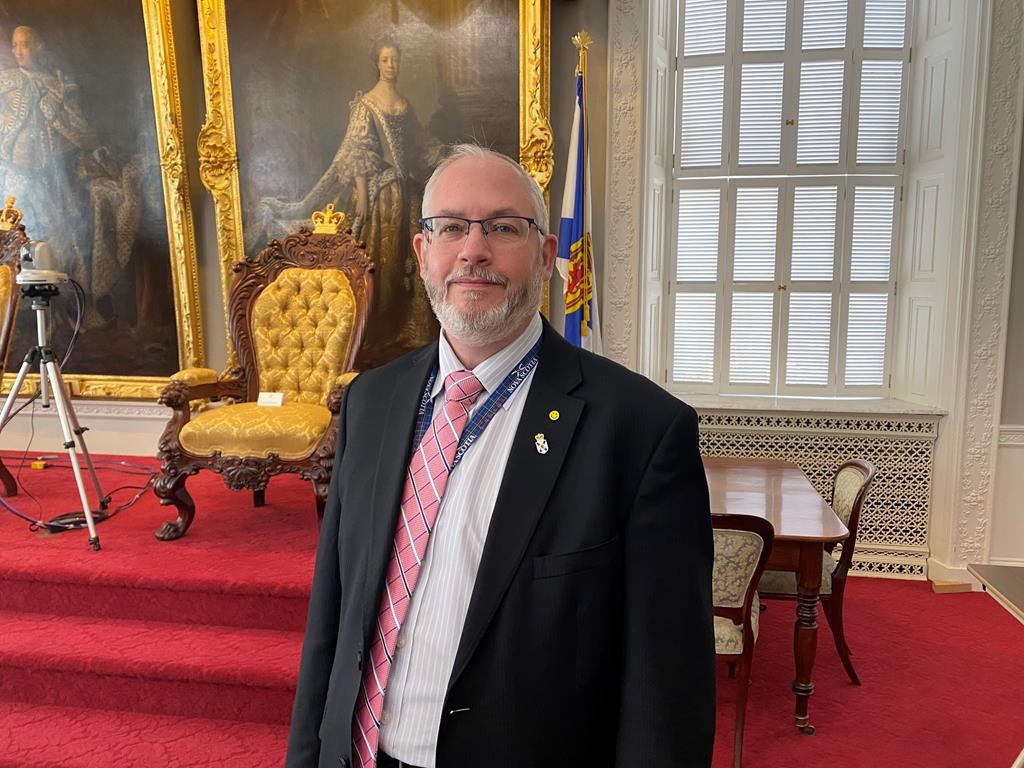Atlantic region warned about weekend gatherings and possible viral surge
Posted Apr 7, 2020 08:12:20 PM.
HALIFAX — Newfoundland and Labrador’s health minister is warning of a looming surge in COVID-19 cases.
However, John Haggie and his counterparts in New Brunswick said Tuesday they had a more pressing concern: the Easter long weekend.
Haggie is urging the province’s population to stay home during the holiday weekend, which typically sees families travelling to cabins and gathering for religious services and big meals.
“We know the only way this virus moves is when people move, and people are on the move this weekend traditionally,” Haggie told a news conference in St. John’s, N.L. “If you want your fish and chips, cook it at home and join in Facebook or Facetime or Skype.”
In New Brunswick, Premier Blaine Higgs said much the same thing.
“I know that participating in religious ceremonies can bring comfort, especially in difficult moments like this one,” Higgs said.
“But right now we have to put safety above everything else. With Easter approaching this weekend, it is necessary for spiritual leaders to continue to explore virtual ways to celebrate their faith.”
Higgs reminded the province that large public gatherings are prohibited, including public Easter egg hunts.
“We will not be able to enjoy a holiday dinner with our extended family,” he said, adding that his mother had recently asked him whether he would be coming home for Easter dinner.
“I said absolutely not …. With my mother being 99, it’s tough not to be at any gathering at all.”
Haggie said otherwise healthy people will pay the price in 10 to 14 days if containment measures are not followed.
“We are a very social province,” he said. “You only have to be on the roads on Holy Thursday to see the amount of traffic … That has got to change.”
Health officials in Newfoundland and Labrador plan to release modelling for the potential trajectory of the illness on Wednesday night. Haggie made it clear the numbers will predict a surge in cases.
Haggie’s warnings came as the province revealed it had recorded two more cases of COVID-19, bringing the province’s total to 228 confirmed cases. Seven remain in hospital — two of them in intensive care.
In New Brunswick, two new cases were reported. That means the province’s total has risen to 105. Seven are in hospital, and four are in intensive care.
A 78-year-old retired police officer in Newfoundland became the first person in Atlantic Canada to die from COVID-19 complications on March 30. The province recorded a second death — a 61-year-old woman — on Monday.
On Tuesday, Nova Scotia reported its first death related to COVID-19 — a woman in her 70s with underlying medical conditions.
Premier Stephen McNeil issued a statement Tuesday saying the woman in Cape Breton died Monday in hospital.
“I had hoped this day would never come and I’m deeply saddened that a Nova Scotia family is going through this,” McNeil said.
Robert Strang, Nova Scotia’s chief medical officer of health, said the public has to get the message about self-isolation and physical distancing.
“If we just did nothing and let COVID-19 blaze through our communities, it would be over soon,” he said. “But we would have hundreds and hundreds of preventable deaths.”
Nova Scotia was the last province in Canada to report its first case of COVID-19. That was on March 15. The province declared a state of emergency a week later.
Since then, 310 cases of the viral illness have been confirmed, with 103 cases added since the weekend began. The confirmed cases — 17 of which were added Tuesday — range in age from under 10 to over 90.
Eleven people with COVID-19 were being treated Tuesday in Nova Scotia hospitals.
In Prince Edward Island, where there are 22 cases of the viral infection, no new cases were reported Tuesday. It has been five days since the most recent case was announced on the Island.
This report by The Canadian Press was first published April 7, 2020.
— With files from Keith Doucette in Halifax, Holly McKenzie-Sutter in St. John’s, N.L., and Kevin Bissett in Fredericton.
Michael MacDonald, The Canadian Press










